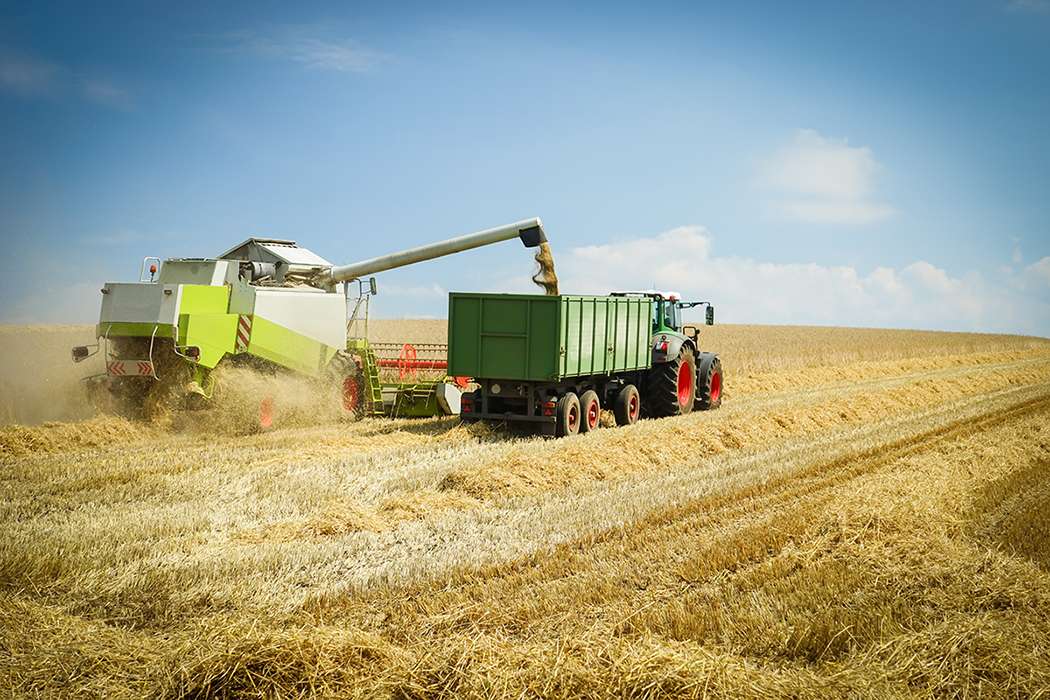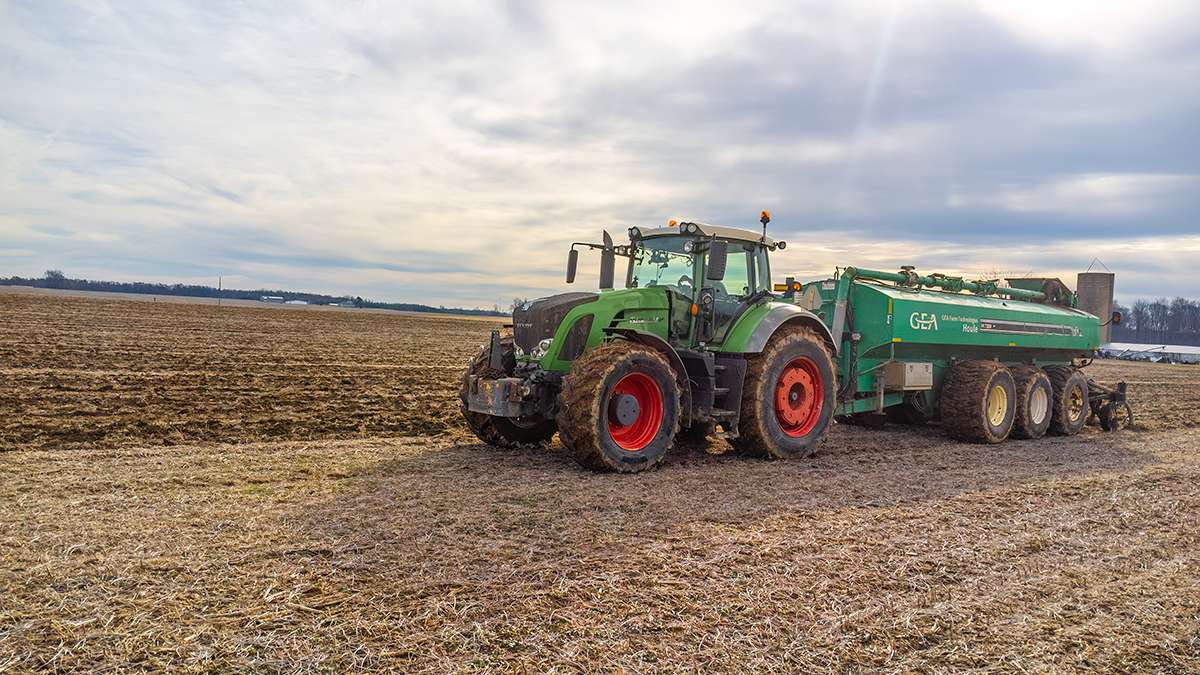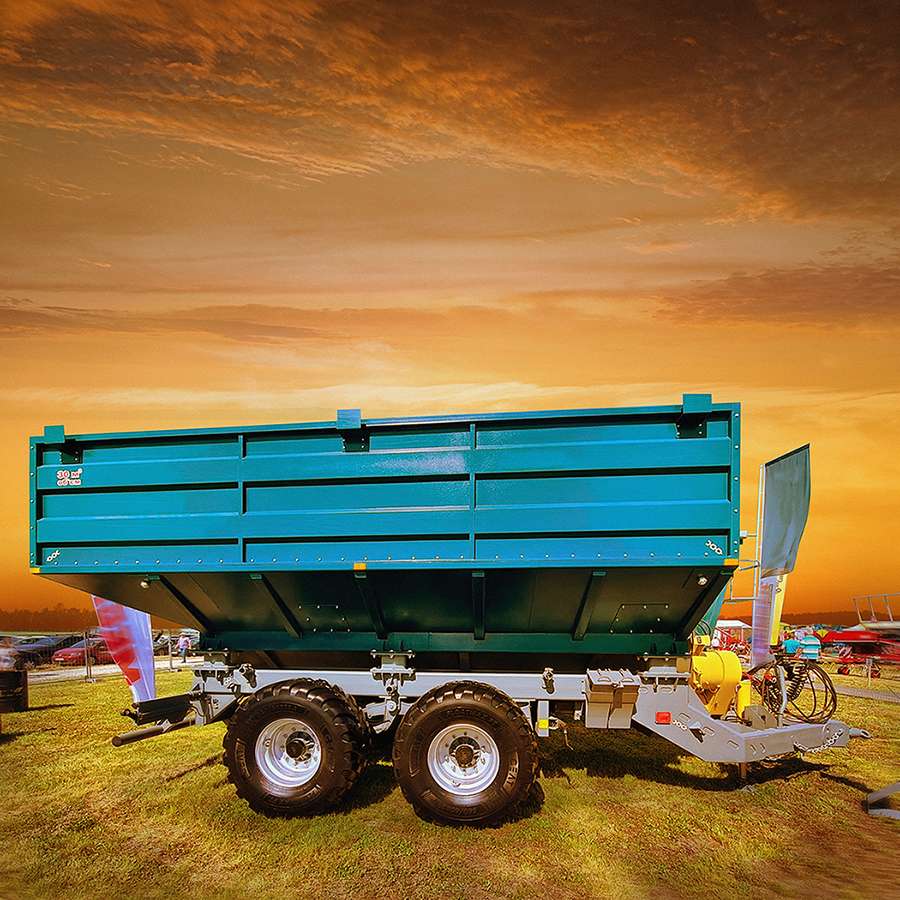Search Further
kindly select atleast one option
Have Questions Related to CEAT Specialty Tires?
FAQs
Trailer tire size can be expressed in two ways. The first method, often used for narrower tires, involves two numbers separated by a ‘-’ symbol. For example, a tire size of 9.00-16 means that the tire is 9 inches wide and fits on a 16-inch wheel. The second method uses the metric system and has three numbers. For instance, the size of a trailer tire might be 560/60 R 22.5. In this case, 560mm indicates the tire's width, 60 is the percentage of the width that represents the sidewall thickness, and 22.5 inches represents the diameter of the wheel. The letter "R" indicates that the tire is of radial construction.
Trailer tires have load ratings that indicate their weight-carrying capacity. For instance, in the trailer tire 205/75R15 LRD, the "D" is the load rating. Medium-load trailers usually have trailer tire load ratings of C, D, or E. These alphabets denote the number of plies constructed for the trailer tire. C, D, and E-rated tires have 6, 8, and 10-ply constructions, respectively. A higher-rated trailer tire can carry a heavier load because each ply adds strength to the tire. Therefore, C, D, and E-rated trailer tires can withstand a maximum pressure of 50 psi, 65 psi, and 80 psi, respectively. The pressure rating increases with each alphabet by an increment of 15 psi. For more information, please refer to the trailer tire pressure chart on the product page.
Yes, trailer tires do need to be balanced. Even though a trailer doesn't have a motor, it still goes through vibrations on the road. These vibrations can cause the trailer tires to become unbalanced, leading to uneven wear and poor performance. Balancing trailer tires can help prevent these issues and ensure they perform optimally. Have a professional balance of your trailer tires for the best results.
Trailer tire lifespan is affected by several factors, including usage, road conditions, and maintenance. A typical trailer tire can last up to 5 years, but this is not a hard and fast rule. The lifespan can be shortened if the tire is frequently overloaded or underinflated or if it is exposed to harsh weather conditions like extreme heat or cold. It is essential to inspect your trailer tires regularly for signs of wear and damage and to replace them when necessary. If you need more clarification about the trailer tires life, it is always a good idea to consult a professional. Regular maintenance, including proper inflation, alignment, and rotation, can help extend the life of your trailer tires. You can always refer to the trailer tire load range chart for accurate information.
It is essential to inflate your trailer tires to the recommended pressure level mentioned by the manufacturer. However, it is only necessary to inflate them to the maximum psi if the trailer manufacturer specifies them. Overinflation can result in a harsher ride, and the trailer tire may wear out faster in the centre. On the other hand, underinflation can cause sidewall flexing, leading to increased heat build-up and premature tire failure. Therefore, it is crucial to maintain the correct trailer tire pressure to ensure optimal performance and longevity.
Dry rotting is a common problem that affects the lifespan of trailer tires. To prevent it, here are some steps you can take:
Keep your tires out of the sun when not in use, and park them in a shaded area or cover them with tire covers.
Clean your tires regularly with soap and water to remove dirt and debris that can cause premature wear.
Apply a tire protectant or UV-resistant coating to your tires to help protect them from the sun's harmful rays.
Check your tire pressure for trailer regularly. Keep inflated to the manufacturer's recommended pressure. Underinflated tires can cause excessive heat build-up and accelerate dry rotting.
Inspect your tires for signs of dry rottings, such as cracking, and replace them immediately if you notice any damage.
By following these steps, you can help extend the life of your trailer tires and keep them in good condition for years to come.
Several factors can cause a trailer tire to wear on the inside. One of the most common reasons for inside wear on tire is improper inflation. If the tire is underinflated, the centre of the tire will carry more weight, causing the inside to wear faster. Additionally, if the tire is overinflated, the edges will carry more weight, leading to faster outside wear on tire. Another factor that can cause inside wear is misalignment. If the trailer's axles are not aligned correctly, the tires will wear unevenly. It is essential to have your trailer's alignment checked regularly and to maintain proper tire inflation to avoid inside tire wear. To exercise greater caution, it is advised to refer to the tire wear chart.
CEAT Specialty Trailer Tires are a range of tires designed for trailers, with features such as increased durability, improved traction, and resistance to wear and tear.
CEAT Specialty Trailer Tires are available in a range of sizes to fit various trailer types and sizes. Please check the product page for details.
Yes, CEAT Specialty Trailer Tires are designed to perform well in all weather conditions, including wet and dry conditions.
Yes, CEAT Specialty Trailer Tires are easy to install and can be installed by a professional or an experienced individual.
Yes, CEAT Specialty Trailer Tires come with a limited warranty. Please check the product page for details.
Yes, you can purchase CEAT Specialty Trailer Tires online from the official website or from authorized dealers.
To properly maintain your CEAT Specialty Trailer Tires, you should regularly check the tire pressure, inspect for any signs of wear and tear, and rotate the tires as recommended by the manufacturer.







